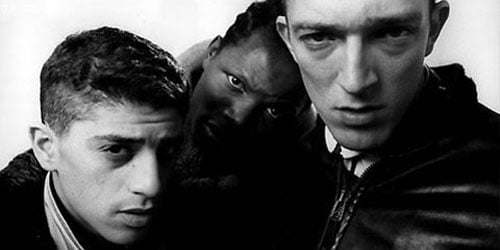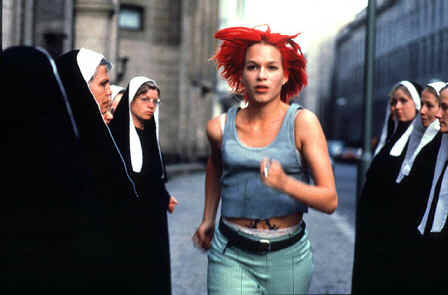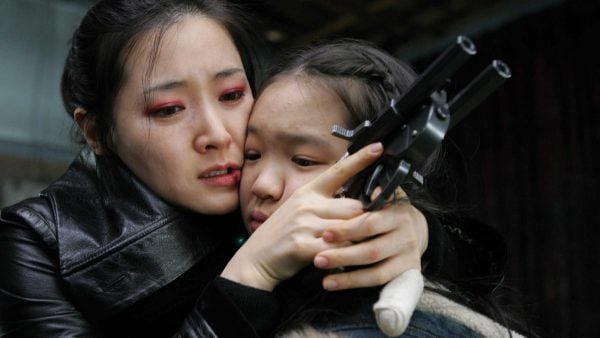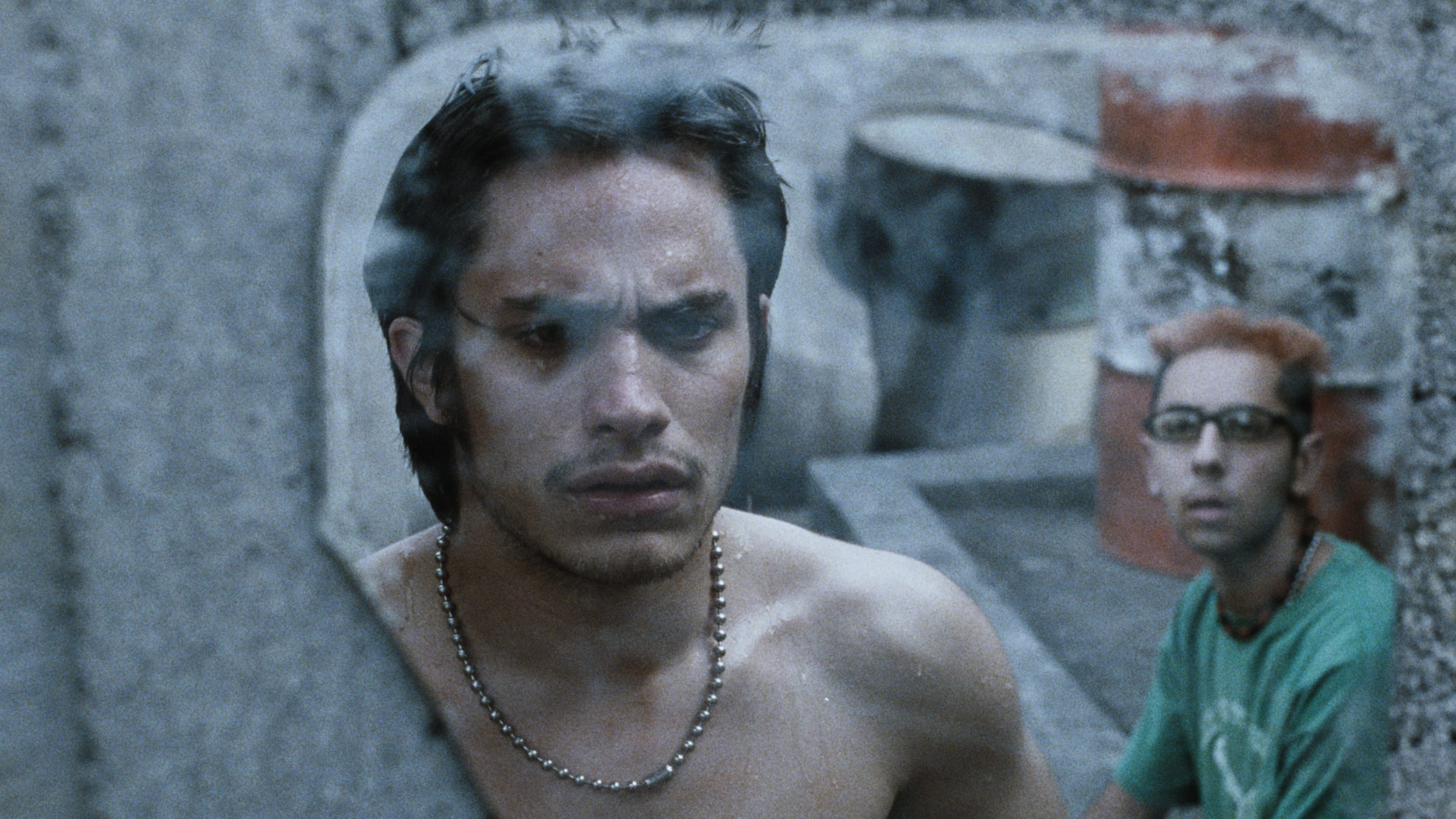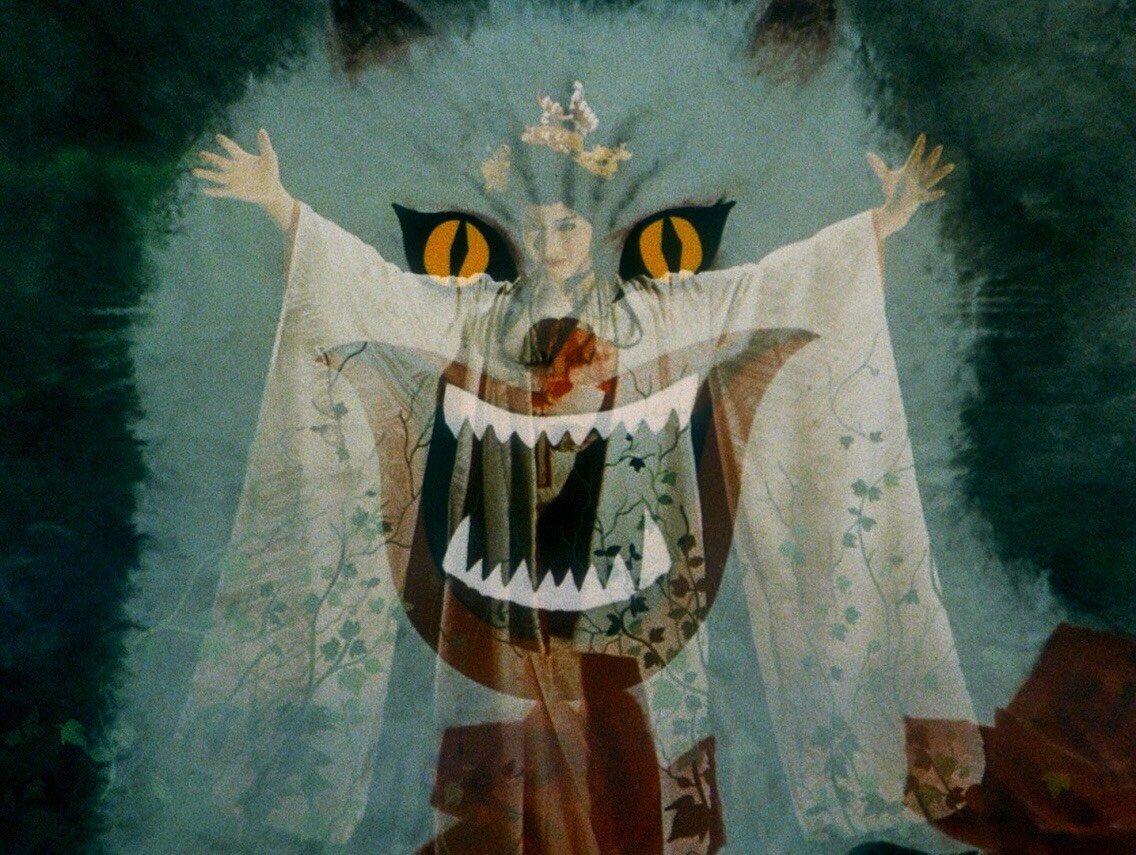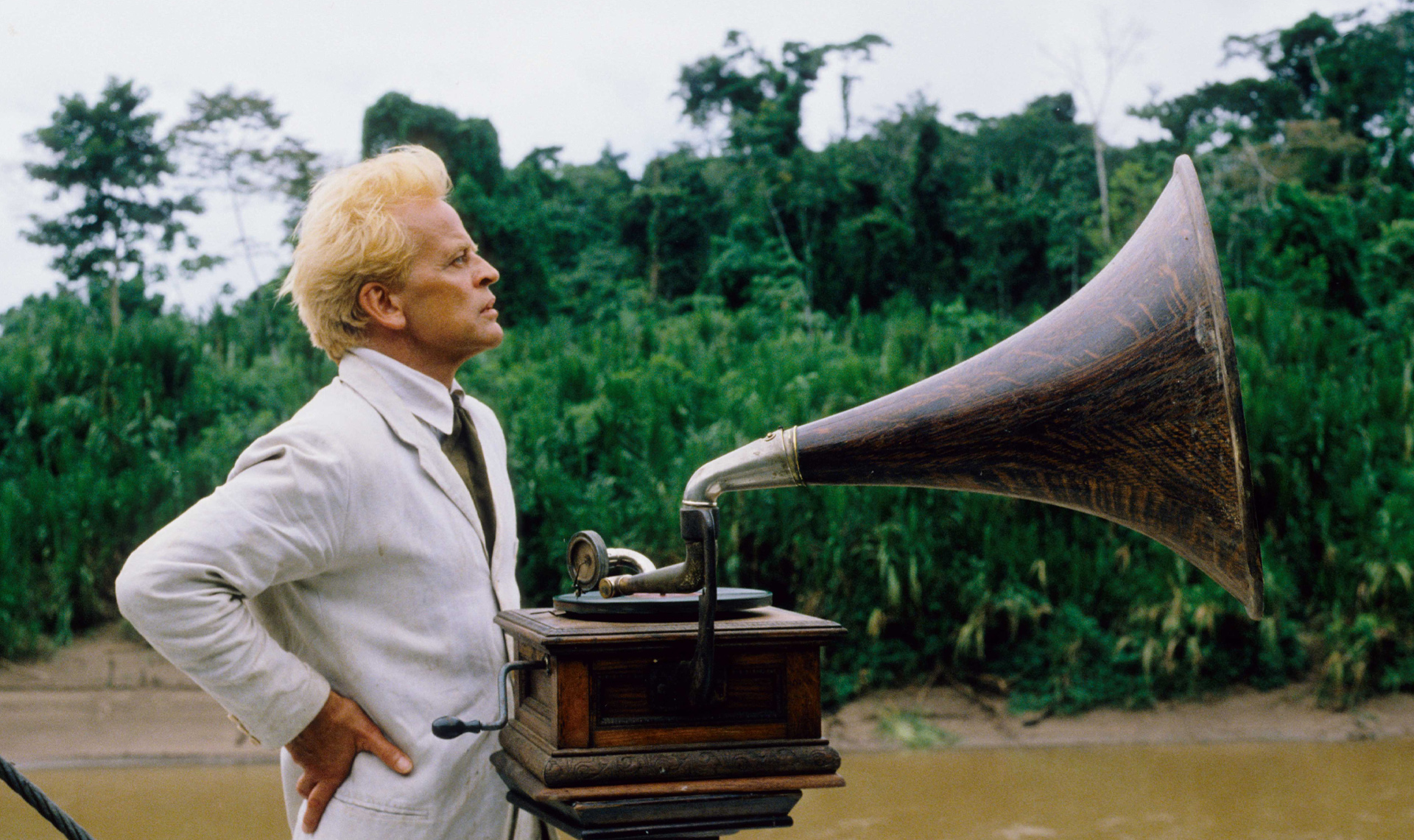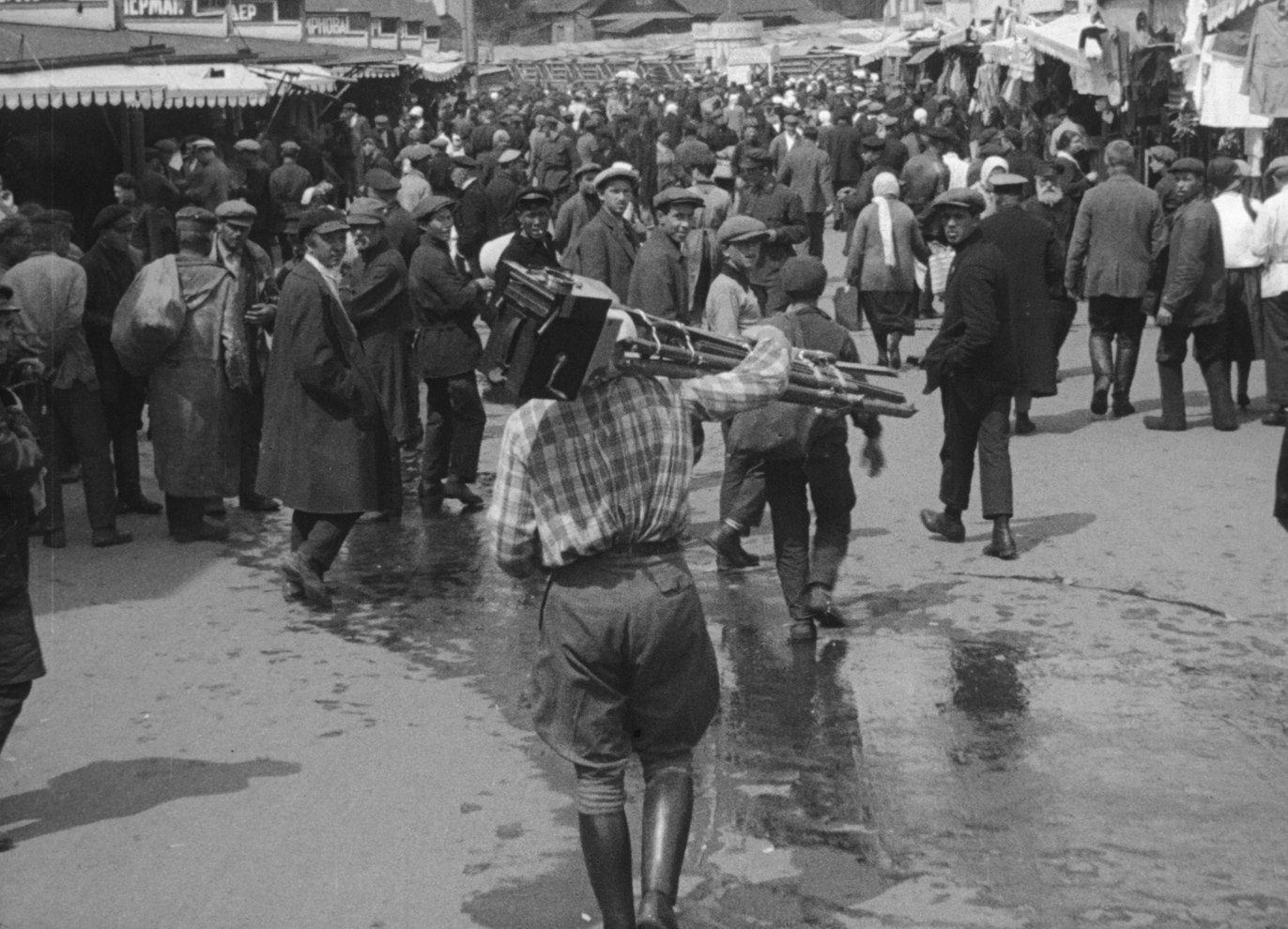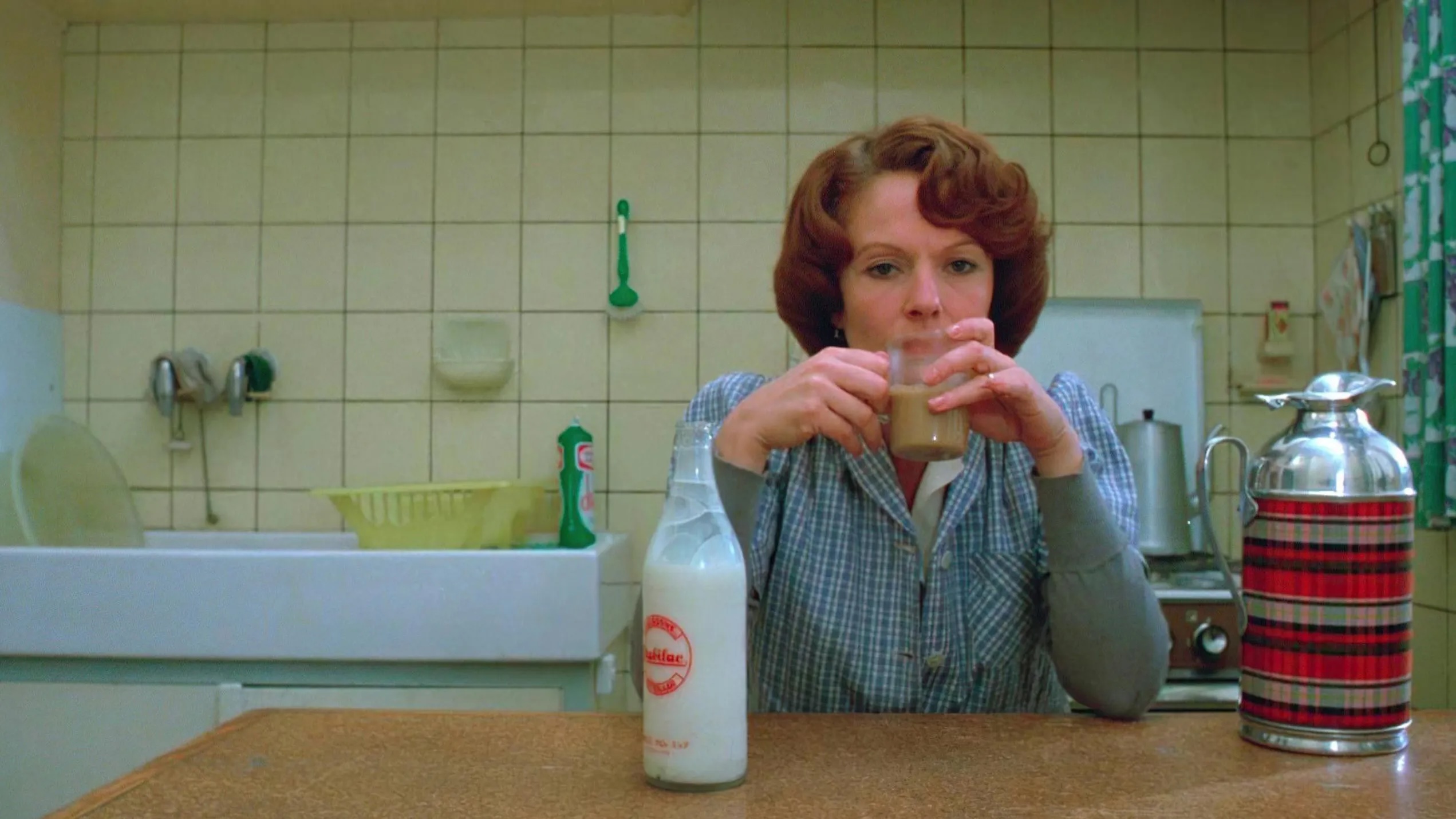
30 Best Movies on BFI Player Amazon
April 21, 2025
Share:
Enjoying your Amazon subscription but still hoping to find more cult, independent, and classic cinema all in one place? Luckily for you, the British Film Institute’s (BFI) own streamer has its own channel through the subscription service. A leading figure in the preservation of films that might not figure as prominently in the mass public’s eye, the BFI offers films that they believe pave the way for generations of filmmakers who want to keep the art of filmmaking going—as expression and meaning-making, instead of just for profit. Here, we’ve put together a list of films available on the BFI Player Amazon channel that you can check out now, if you’re hungry for movies that remind you of what this art form can be capable of.
Read also:
21. Fish Tank (2009)
Genres
Director
Actors
Moods
A sincere portrayal of the gritty British working class life through the coming-of-age story of a girl who loves rap music and dancing to it. It features a stunning and powerful performance from newcomer Katie Jarvis who had no acting experience whatsoever, and who was cast in the street after she was spotted fighting. She plays Mia, a 15 year old teenager whose world changes drastically when her mother’s new boyfriend (played by Michael Fassbender) turns his eyes to her. Don’t watch this movie if you are looking for a no-brainer, definitely do watch it if you are interested in films that realistically portray others’ lives and let you into them.
22. La Haine (1995)
Genres
Director
Actors
Moods
At the risk of being cliché, I’m going to state that only the French could have made a movie about racial issues and the troubles of youngsters in the suburbs and still make it elegant. I’ve tried looking for other adjectives, but I couldn’t find one that better describes those long takes shot in a moody black and white. But despite the elegance of the footage, the power of the narrative and the acting makes the violence and hate realistic as hell, dragging you into the story and empathizing with the characters until you want to raise your arm and fight for your rights. Aside from this unusual combination of fine art and explicit violence, the most shocking thing about La Haine is how much the issues it addresses still make sense right now, even though the movie was released 20 years ago.
23. Run Lola Run (1998)
Genres
Director
Actors
Moods
An offbeat film with a more than decent amount of suspense. To that it adds really good music and unexpected animation, to make for a very audacious, interesting and mostly fun film. It uses all this to show how life can change in a twist and how it can be influenced by weird connections of otherwise unrelated events.
24. Lady Vengeance (2005)
Genres
Director
Actors
Moods
This Park Chan-Wook classic is the third part of a trilogy of films around the theme of revenge, following Sympathy for Mr. Vengeance and Oldboy. While ultimately unique, Lady Vengeance is a thriller set in a prison, in the vein of films such as the Japanese action drama Female Prisoner #701: Scorpion. After being framed and wrongly convicted for murder, our protagonist seeks out the true perpetrator of the crime –– but more than anything else, she seeks vengeance.
This film’s run time is 115 minutes and every second is essential. There is often gratuitous violence perpetrated by men against women in film, however Lady Vengeance takes back control and for that reason it remains one of my favorite revenge films.
25. Amores Perros (2000)
Genres
Director
Actors
Moods
Alejandro González Iñárritu’s cleverly layered directorial feature film debut follows three persons whose lives are connected by a car crash in Mexico City. It directly involves two of them: a young man who enters the world of dogfighting to earn enough to elope with his sister-in-law, and a supermodel whose life is changed for the worse after she is fatally injured. The third segment of the film centers on a mysterious homeless man on the street who witnesses the crash.
The title, Amores Perros, refers to the characters’ love of dogs as well as love being a source of misery, and it’s a hint of the chaotic, unforeseen circumstances they each face. Iñárritu’s film shows his brilliance in direction. Despite the film being an early work, his ingenuity shines through and the compelling performances propel all three stories to gritty heights.
Cut-throat editing, handheld cinematography, and Guillermo Arriaga’s intricate screenplay flesh out each character. The viewers are pushed to the edge of their seats as we navigate the gripping miseries of life along with the rest of the cast. The tightly woven film is a painful must-watch, a brutal and uncompromising look at despair and animalistic aggression among humans that is also mirrored in the cruelty their dogs suffer.
26. Jeanne Dielman, 23, quai du Commerce, 1080 Bruxelles (1976)
Genres
Director
Actors
When the film publication Sight and Sound dubbed it “the greatest film of all time,” movie fans were quick to give their opinion. Those opposed complained about its simplicity, while those favoring the film praised the same trait. It’s true the film is simple—the camera is static and far away, and all it does is follow the titular Jeanne as she goes through the strict routines of her life. But nothing about it is plain or easy. You could mine a thousand things from a single scene alone, to say nothing about the woman at the center of it all. As Jeanne juggles her duties as a homekeeper, mother, and breadwinner, she eventually unravels, and the film rewards us with one of the most memorable climaxes of all time. There’s complexity in the ordinary, Akerman reminds us in her mundane epic, and there’s always something political motivating our choices, no matter how normal they seem.
27. House (1977)
Genres
Director
Actors
Moods
Visiting a relative can feel strange, because especially when the loved one you share is gone, the visit will inevitably bring up feelings of grief, nostalgia, and being stuck because of it. But no visit would be as strange as the 1977 cult horror classic House. It’s a classic not because it’s particularly scary– in fact, most of the time, the film is much more bizarre than terrifying– but because this grief manifests in the eccentric estate through unusually unrealistic, but undeniably stylish psychedelic visions that stem from the kind of nightmares one would get as a kid as well as the real-life devastation Nobuhiko Obayashi faced as a Hiroshima survivor. It’s because of these absurd images that House escapes explanation, yet still became Obayashi’s definitive work. Hausu is simply a film that you have to visit for yourself.
28. Fitzcarraldo (1982)
Genres
Director
Moods
There are plenty of films about dreamers, but none as wild and wacky as Fitzcarraldo. The film follows the titular opera-loving foreigner, who’s obsessed with creating an opera house in the middle of a jungle, and tries to get the funding for it throug the rubber business. It’s a pretty wacky premise, and a pretty wacky tale, but it’s the perfect film to challenge famed eccentric auteur Werner Herzog, who got a 320-ton steam boat hauled into the Amazon, had multiple recasts due to illness, and had conflict with leading man Klaus Kinski so tense that assassination was offered by one of the extras, among other troubles. Strangeness aside, Fitzcarraldo proved to be an audacious, operatic epic, garnering numerous nominations for the Palme d’Or, Golden Globes, and the BAFTAs.
29. Man with a Movie Camera (1929)
Genres
Director
Actors
Moods
With no dialogue, no intertitles, no hired cast, and barely a semblance of a plot, The Man with a Movie Camera doesn’t seem like the kind of film that today’s viewers would seem to enjoy. The film even warns you beforehand that it doesn’t have these things. But as the theater opens, the seats unfold, and the light bursts through the silver film, filmmaker Dziga Vertov presents a vision of the cinematic landscape that was to come, completely crafting a story of a cameraman’s day purely through the use of cinematography and editing alone. Essentially, it’s crafting these two elements completely from scratch, creating a whole body of signs and symbols (and a whole industry) that eventually formed the language of film as we know it today.
30. Do Not Expect Too Much from the End of the World (2023)
Genres
Director
Actors
Moods
With a title like this, it was expected that Do Not Expect Too Much from the End of the World would be critical of today’s current circumstances, but the film takes a more startling approach. Radu Jude’s longest narrative feature is a day in the life of a disgruntled, underpaid production assistant, and as she drives between interviewees injured from work accidents, the film alternates between the black-and-white, terribly mundane reality, her Tiktok-filtered satirical rants as Bobiță, and an old colored film of a Romania decades past. It’s a cynical depiction of how vulgar it is to be alive today, but it’s also more honest as Jude refuses to cling to the past.
Comments
Add a comment
Ready to cut the cord?
Here are the 12 cheapest Live TV streaming services for cord-cutting.
More lists
Lists on how to save money by cutting the cord.
Curated by humans, not algorithms.
© 2025 A Good Movie to Watch. Altona Studio, LLC, all rights reserved.

